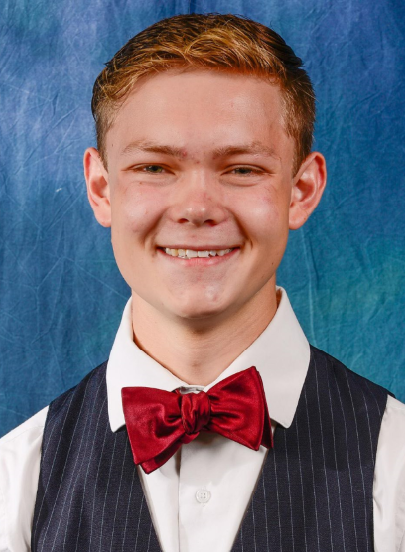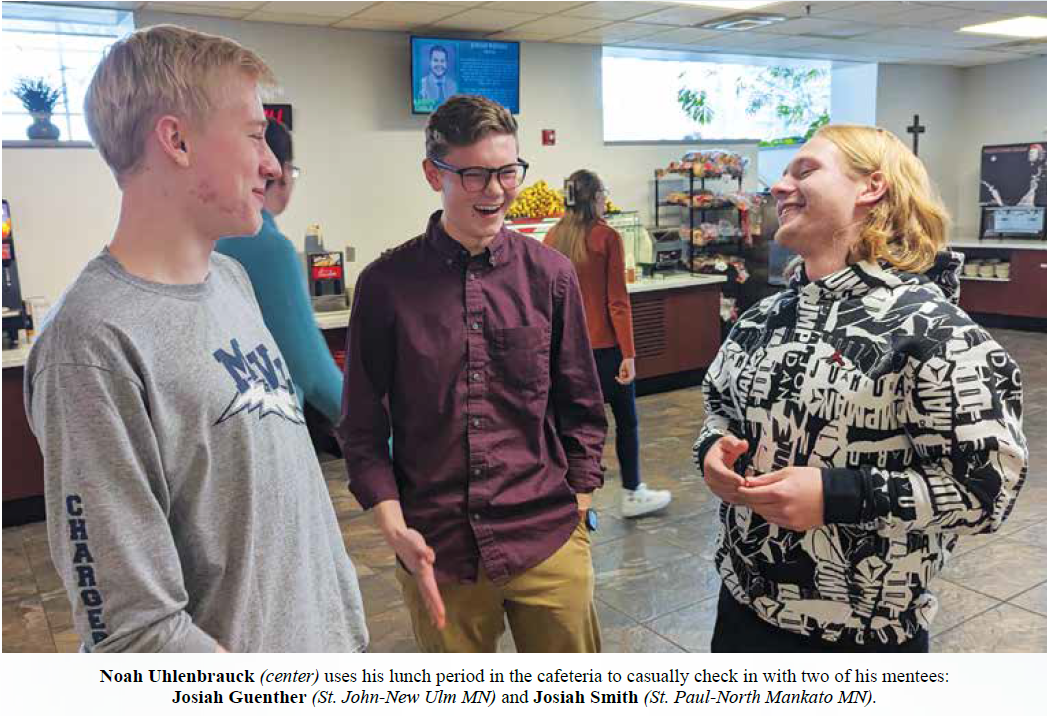Supporting First-Years
Resiliency Training
 I need to study for that exam, but first I have to finish my paper for that other class. And what time is practice today? Ugh, there goes two more hours! Oh, guess what? That guy asked me out for Saturday night! I should say yes. But then I won’t get as many hours at work—and I need those hours. My tuition payment is due!
I need to study for that exam, but first I have to finish my paper for that other class. And what time is practice today? Ugh, there goes two more hours! Oh, guess what? That guy asked me out for Saturday night! I should say yes. But then I won’t get as many hours at work—and I need those hours. My tuition payment is due!
No doubt about it: college can be stressful. Perhaps for the first time, students are dealing with college-level classes, homesickness, high-stakes time management, financial pressures, and ever-evolving relationships with roommates, teammates, friends, and professors. They may also be battling anxiety, depression, or loneliness.
To assist with these challenges, we asked Christian Family Solutions to train all our resident assistants (RAs) in the Resiliency Project. Now the RAs are passing along that training to the first-years in their residence halls. It’s all part of empowering our family’s formation and expanding our family’s reach, two of the goals in our strategic plan, Pursuing Excellence Under the Cross.

 To tell us more about resiliency training at MLC, we talked to one of our RAs and resiliency mentors, Noah Uhlenbrauck (St. Peter-Appleton WI).
To tell us more about resiliency training at MLC, we talked to one of our RAs and resiliency mentors, Noah Uhlenbrauck (St. Peter-Appleton WI).
What exactly is resiliency training?
Noah: Resiliency training is an initiative started by MLC to help students build an array of strategies to fight off the stresses of their lives and other mental health issues.
There are lots of ways that we do this. One is by meeting one-on-one with our individual mentees every two weeks just to check in on them and see how they are doing.
Another is the once-a-month training, where I meet with a group of 13 students, and we watch a video, discussing strategies on how to deal with issues that arise.
Can you tell us about one of those strategies?

Noah: One strategy that my group and I like to use is called “One Thing in the Moment,” where we take a problem that we are having, and break down what we can do now, taking one thing at a time and not worrying about it all at once, which can easily leave you feeling overwhelmed.
Why do you think resiliency training is so important?
Noah: This training is giving these students skills that they need in an ever-changing, sinful world. But it also gives them skills they can pass along one day in their classrooms and congregations. As ministers of the gospel, they can help those they serve deal with difficulties in their own lives.
What have you learned while doing this training?
Noah: One thing I’ve learned is how to have genuine conversations with people. We all experience a lot of difficulty in our lives, and this group gives us a place where we can learn and grow together. It’s also shown me that you can have fun even when you have serious conversations. There are always tons of laughs during our sessions, which is encouraging and makes us more willing to share with each other and help each other with life.
How has the training gone? Have you seen some positive results?
Noah: There are so many ways I have gotten to help students on campus. Through this resiliency training, students have opened up to me about issues they are having with their roommate, or being away from home, or even the test they are stressed about.
They have also shared how these strategies have been helpful to them. And even if the strategies don’t work instantaneously for my mentees, they have expressed gratitude for just having someone who will listen to them.
What would you say is the most important lesson?
Noah: This training reminds students that what they’re going through matters, and that there are people who care about them and want to help them through it—the most important person being Christ.
One passage I always like to share with them comes from John 16:33, where Jesus tells us: “In this world you will have trouble. But take heart! I have overcome the world.”





